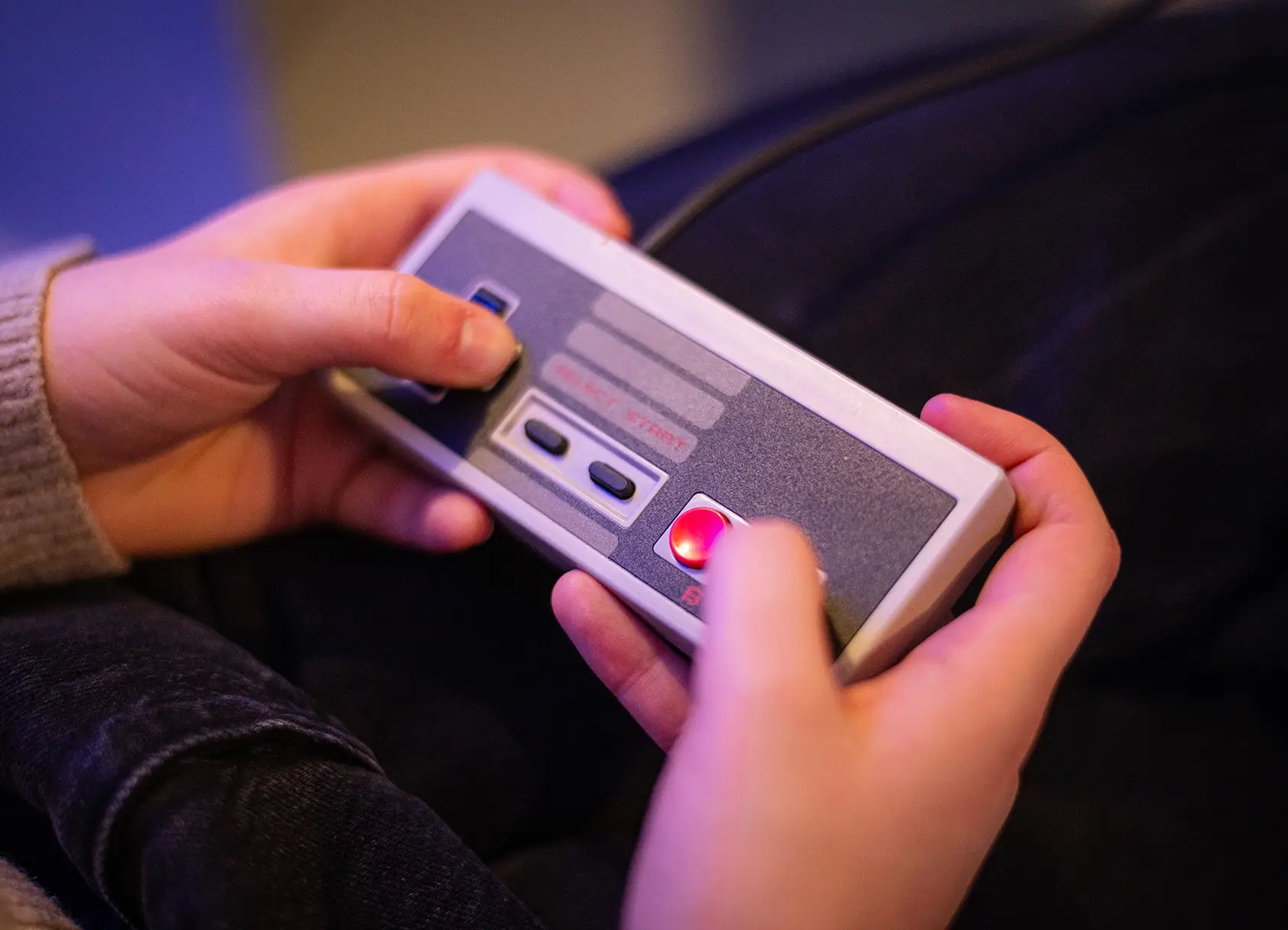WHAT ARE NFTS?
NFTs are the latest digital asset to have taken the world by storm. Similar to cryptocurrencies like Bitcoin or Ethereum, NFTs are recorded on a blockchain ledger to verify ownership. However, while a cryptocurrency’s tokens are interchangeable and indistinguishable, each NFT is a unique asset such as a particular document, image, or video.
POTENTIAL FOR INFRINGEMENT AND ENFORCEMENT
Those who buy and use or resell NFTs should be particularly aware of the potential for infringement. Generally, NFT marketplaces verify sellers to ensure authenticity, however, this does not eliminate the possibility that a NFT is infringing another’s intellectual property rights. As a result, buyers should always conduct their own due diligence.
Last July, Opensea, a leading marketplace for the resale of NFTs, delisted a seller after receiving a Digital Millennium Copyright Act (“DMCA”) notice alleging infringement. The delisted seller, “CryptoPhunks” was parodying NFTs created by, “CryptoPunks”, a very well-known seller who submitted the DMCA notice. Reactions to the CryptoPhunks delisting were mixed with many accusing the platform of censorship. What many critics may not realize is that Opensea was protecting not only themselves but potential purchasers of CryptoPhunks NFTs.
Under Section 504 of the Copyright Act, any person who sells an infringing work can be liable for statutory damages between $750 and $30,000 per infringement. This applies whether or not the seller knew that they were selling infringing material. With this, CryptoPunks would have been able to bring a claim against any person who bought and resold a NFT from CryptoPhunks based on alleged infringement.
Further, the Copyright Alternative in Small Claims Enforcement Act (the “CASE Act”), which passed in late 2020, is designed to streamline the process by which CryptoPunks or other owners of allegedly infringed property can bring these claims. By providing a cheaper and less expensive framework for copyright litigation, the CASE Act incentivizes rightsholders to enforce their rights in situations which previously would not be worth the hassle of federal court and is likely to increase NFT-related enforcement actions.
When deciding whether to purchase NFTs, all potential buyers should consider the possibility of infringement and the potential for personal liability . Some risky parodies may provide resale value —and a good laugh—but ultimately will not be worth the headache of defending an enforcement action.


